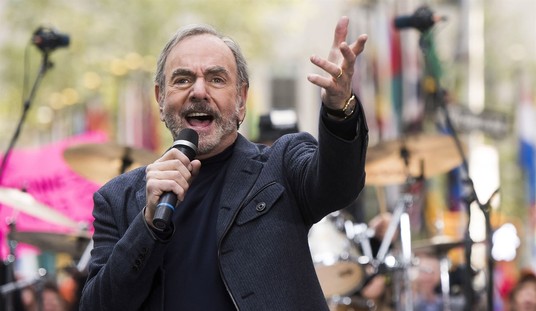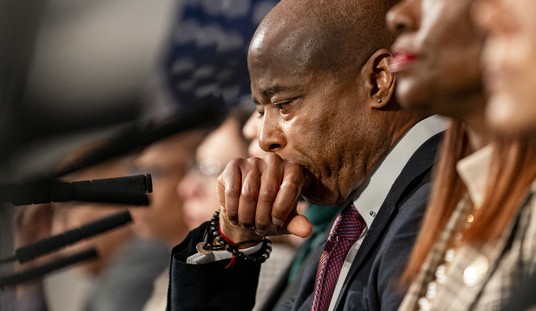Later today, when I’m hosting the Ed Morrissey Show, you’ll probably notice a deep red welt on my forehead and wonder how it got there. It’s from banging my head on my desk repeatedly after reading the results of two polls released today. The first comes from Gallup, where overwhelming majorities of Americans of every party affiliation demand Congressional term limits and an end to the Electoral College … just two months after re-elected almost every incumbent than ran for federal office:
Even after the 2012 election in which Americans re-elected most of the sitting members of the U.S. House and Senate — as is typical in national elections — three-quarters of Americans say that, given the opportunity, they would vote “for” term limits for members of both houses of Congress.
Republicans and independents are slightly more likely than Democrats to favor term limits; nevertheless, the vast majority of all party groups agree on the issue. Further, Gallup finds no generational differences in support for the proposal.
In other words, the message here is: Stop me before I vote for another incumbent! I’m no fan of term limits in Congressional elections, after my experience in seeing the application in California do nothing but make the dysfunction there arguably worse, and certainly no better. (The limit on presidential terms is more necessary, thanks to the power that has accrued to the executive branch over the last several decades.) The best solution is to vote out the incumbents one dislikes, by finding better candidates to oppose them.
On the Electoral College, the numbers are lower but still majorities:
Americans are nearly as open to major electoral reform when it comes to doing away with the Electoral College. Sixty-three percent would abolish this unique, but sometimes controversial, mechanism for electing presidents that was devised by the framers of the Constitution. While constitutional and statutory revisions have been made to the Electoral College since the nation’s founding, numerous efforts to abolish it over the last 200+ years have met with little success.
There is even less partisan variation in support for this proposal than there is for term limits, with between 61% and 66% of all major party groups saying they would vote to do away with the Electoral College if they could. Similarly, between 60% and 69% of all major age groups take this position.
This has been a relatively stable level for at least since the 2000 election, but it’s based on almost nothing else. What exactly is the problem with forcing a state-by-state approach that has worked well, with two (possible) exceptions, every four years since 1792? It allows states to have some influence on federal government, especially lower-population states that would otherwise get overwhelmed by the large coastal states in national elections. If they were this dissatisfied with the results the last time, why did they bother to re-elect the man who won the presidential election in that cycle?
We can ask the same question after reading the new poll at The Hill, too. In the survey, 42% say they are worse off than when Obama took office, with only 26% believing that life has improved — and they’re not expecting things to get better in the next four years, either:
President Obama is entering his second term with many of the nation’s voters still pessimistic or unsure about their economic prospects, a new poll for The Hill has found.
The president was reelected for another four years by a relatively comfortable margin, but 39 percent of likely voters say his first four years were worse than expected, compared to just 18 percent who say he exceeded expectations. Forty-one percent of those polled said his first term went as expected.
The president assumed office in the midst of one of the worst financial meltdowns in U.S. history, and those polled are still feeling the ensuing recession’s impact four years later. On the economic front, 42 percent say they are worse off now than when Obama first took office, compared to 26 percent who say they are better off.
Respondents are not significantly more optimistic about the next four years, either.
Sixty percent say they do not expect to make major economic strides during Obama’s second term, compared to just 38 percent who expect to be better off in 2016.
So why did Obama get re-elected? More people blame Congress than Obama for their problems … even though Americans re-elected the exact same leadership on both ends of Pennsylvania Avenue.
And now you’ll know why I’ll have a big, red welt in the middle of my forehead this afternoon.








Join the conversation as a VIP Member